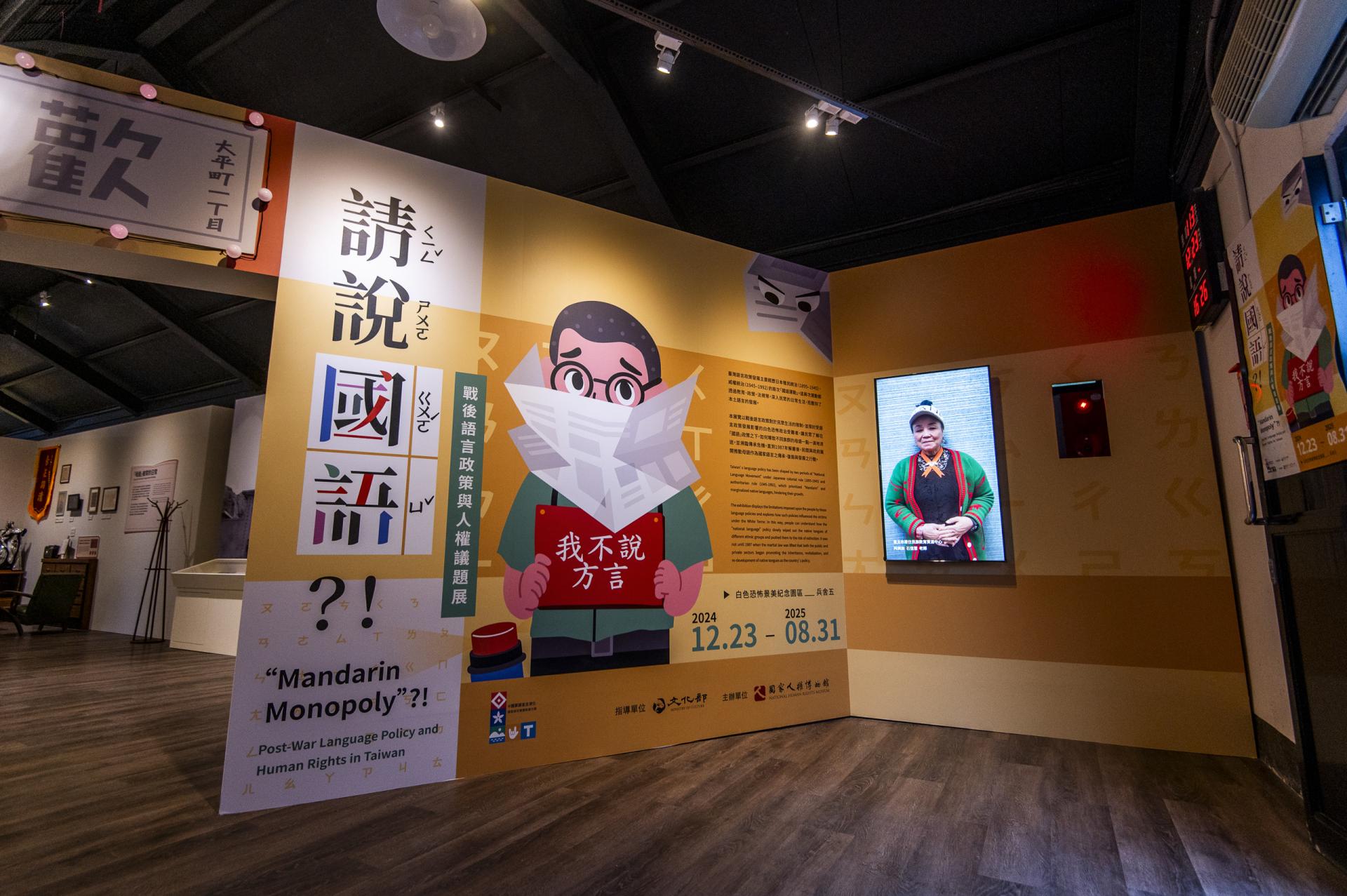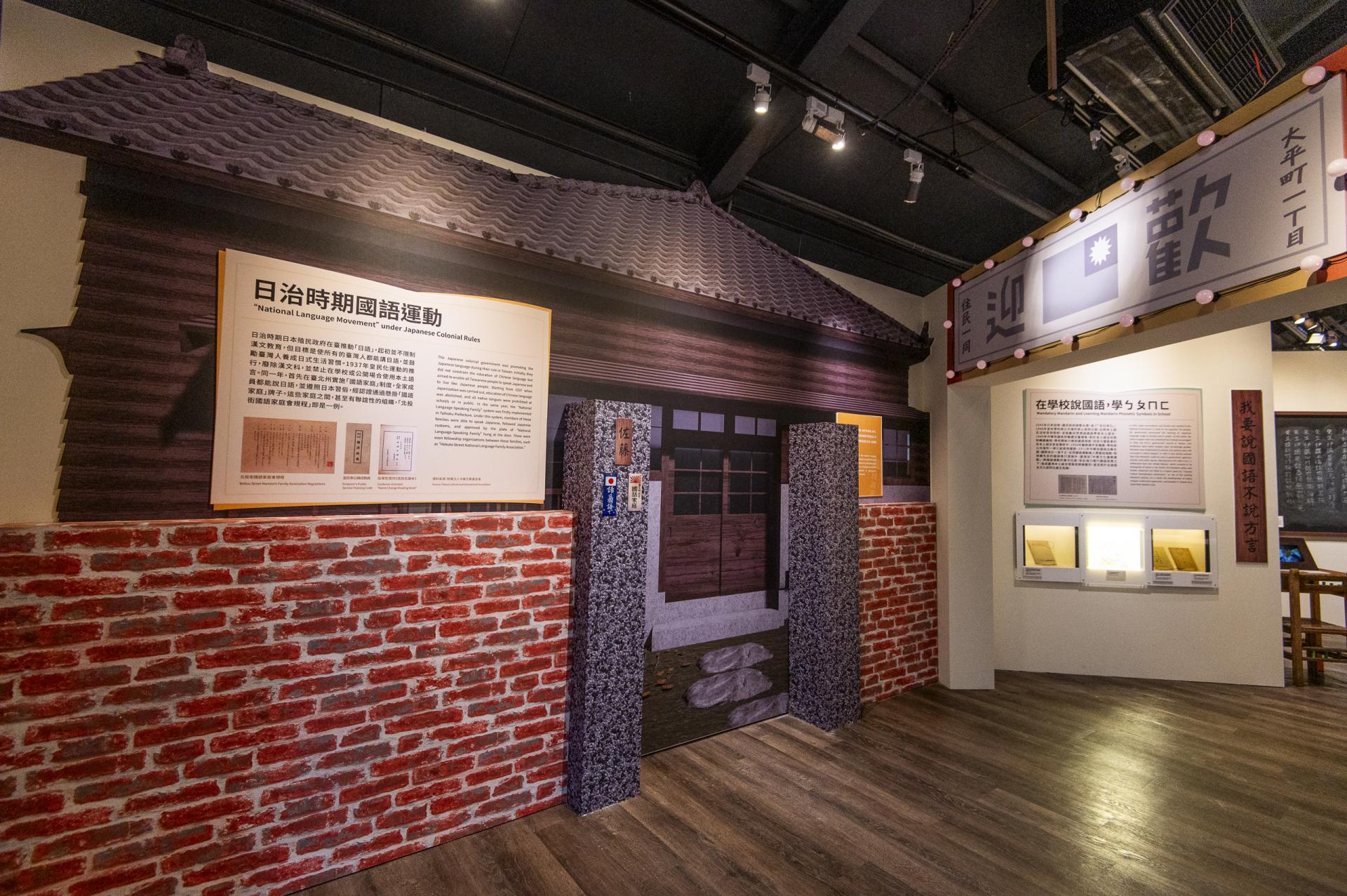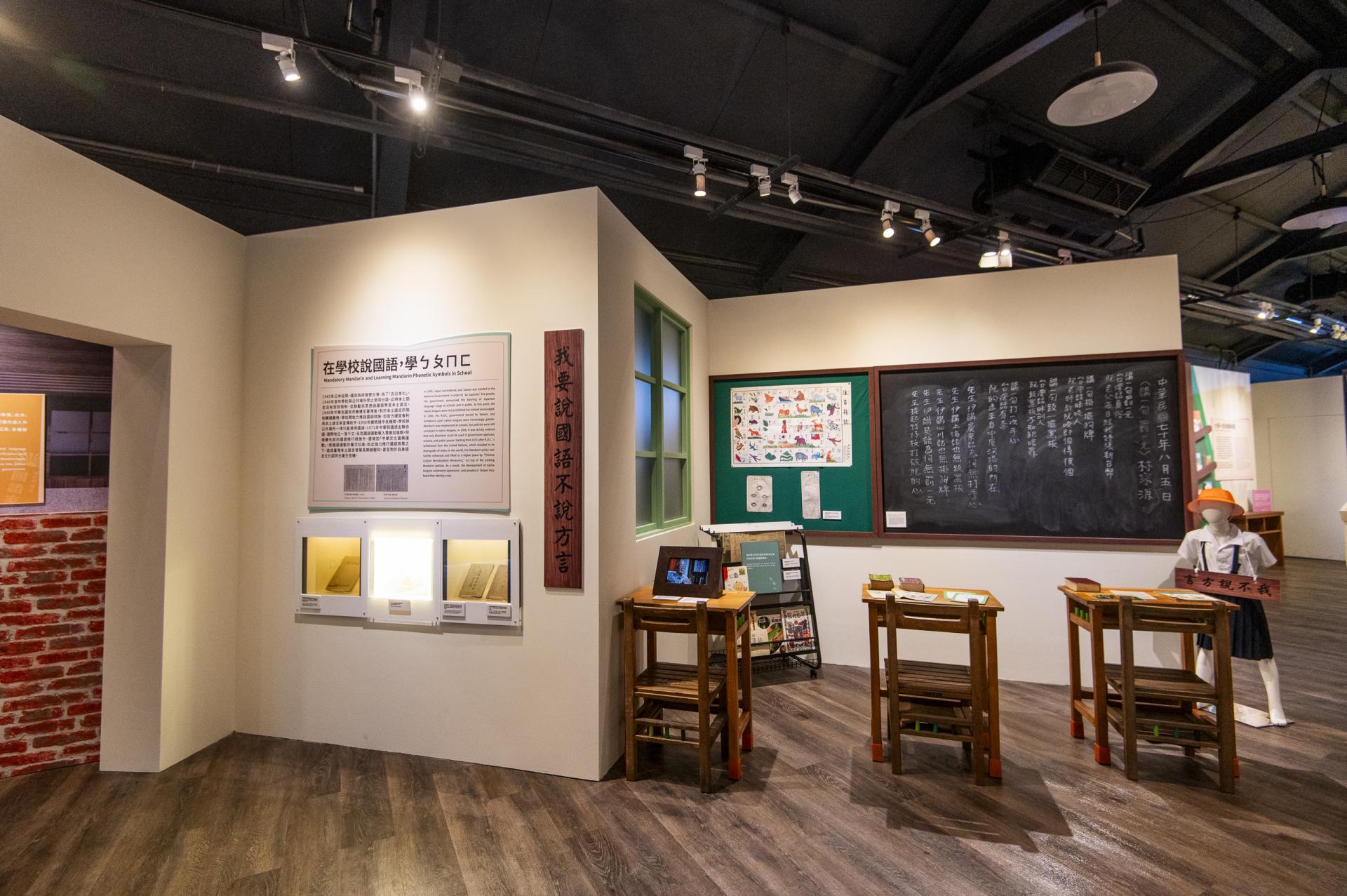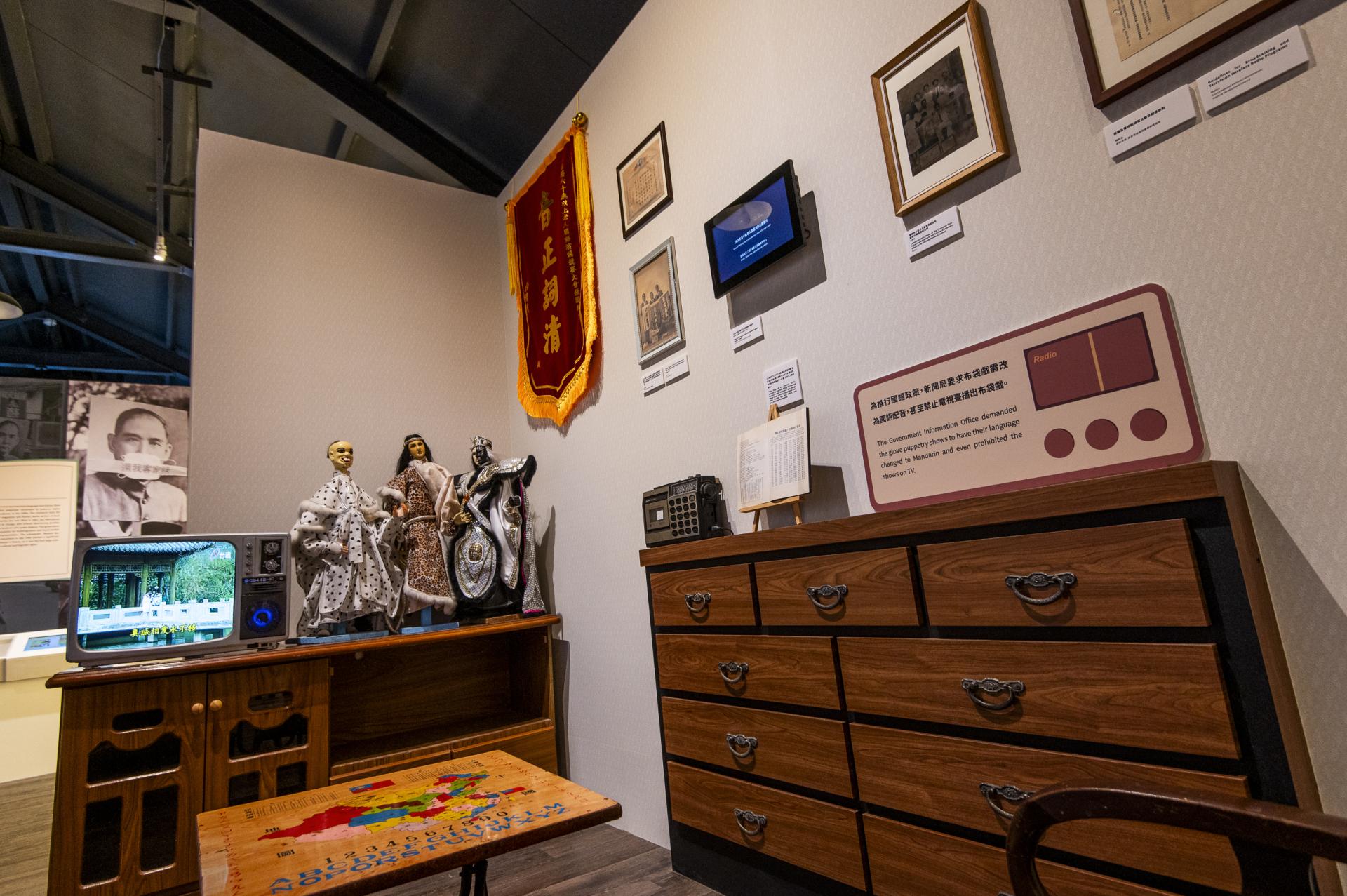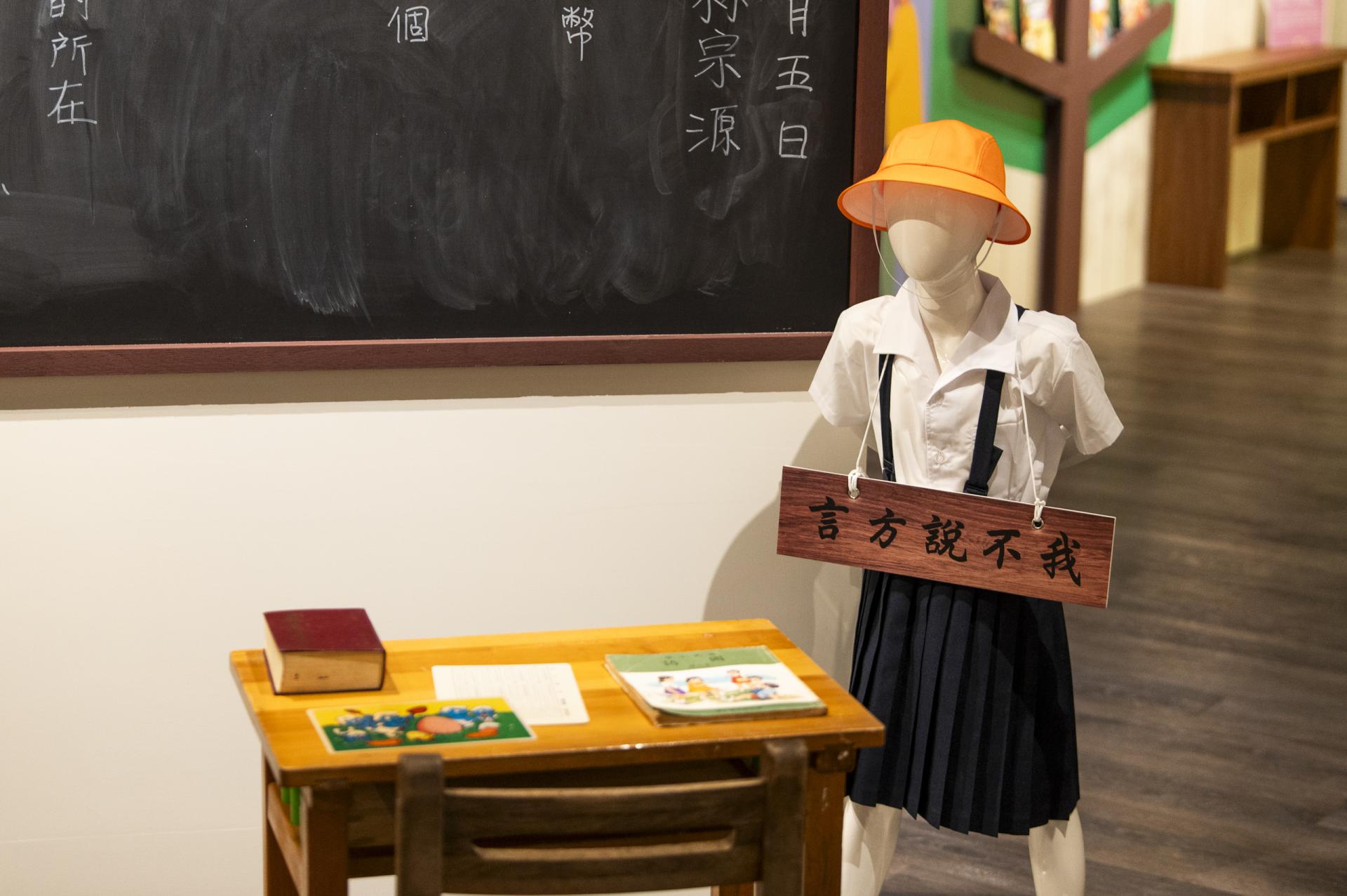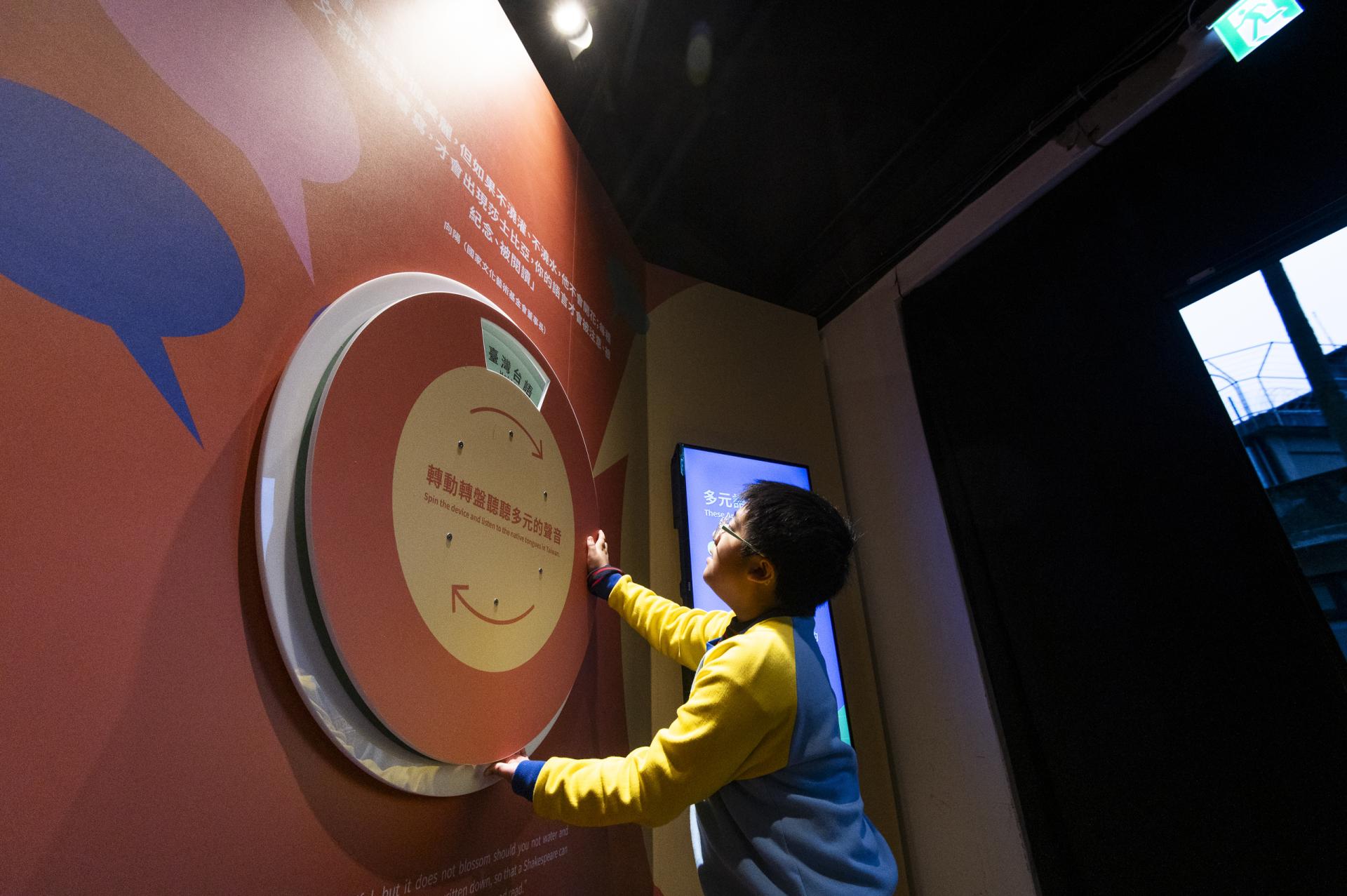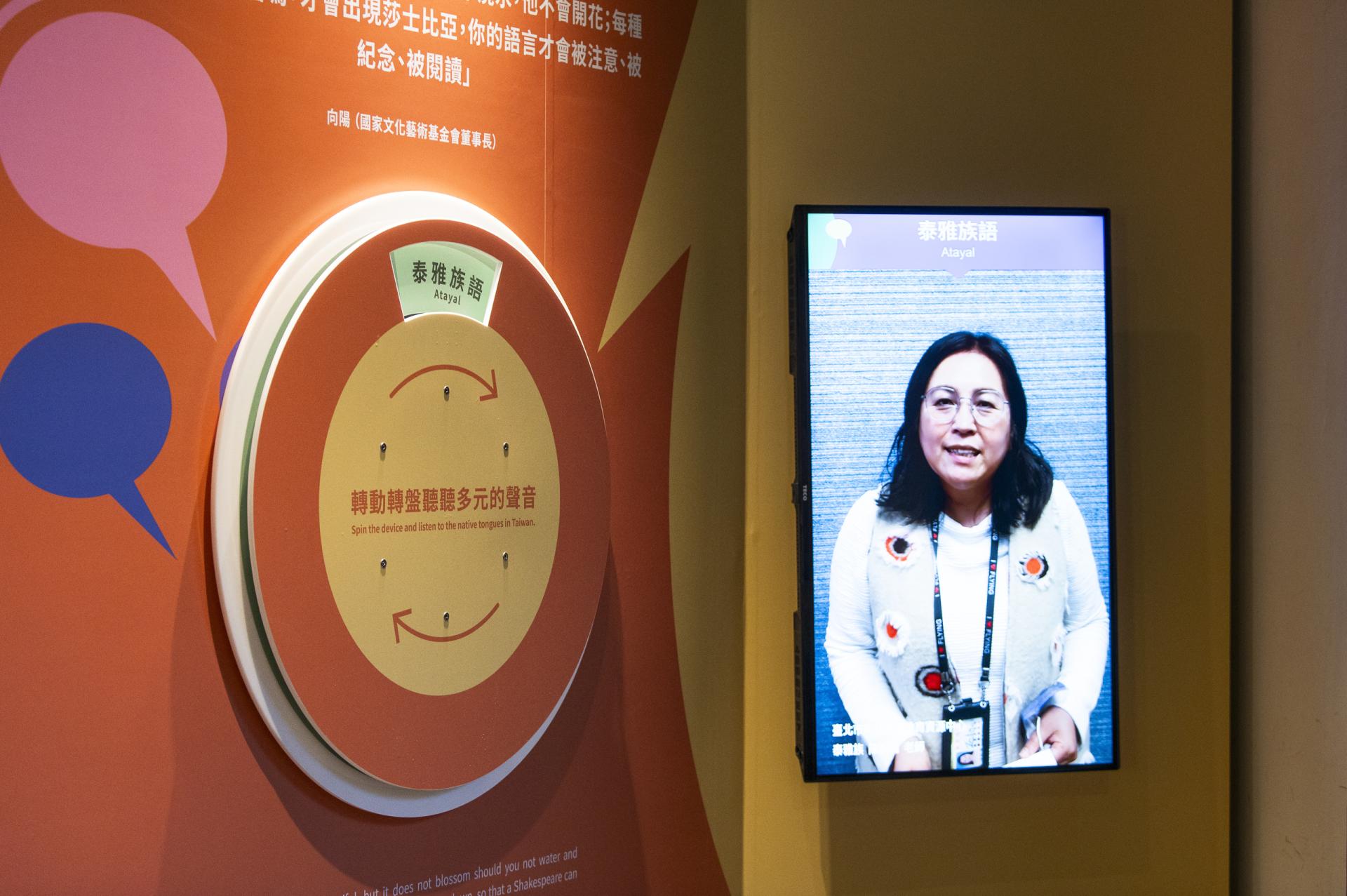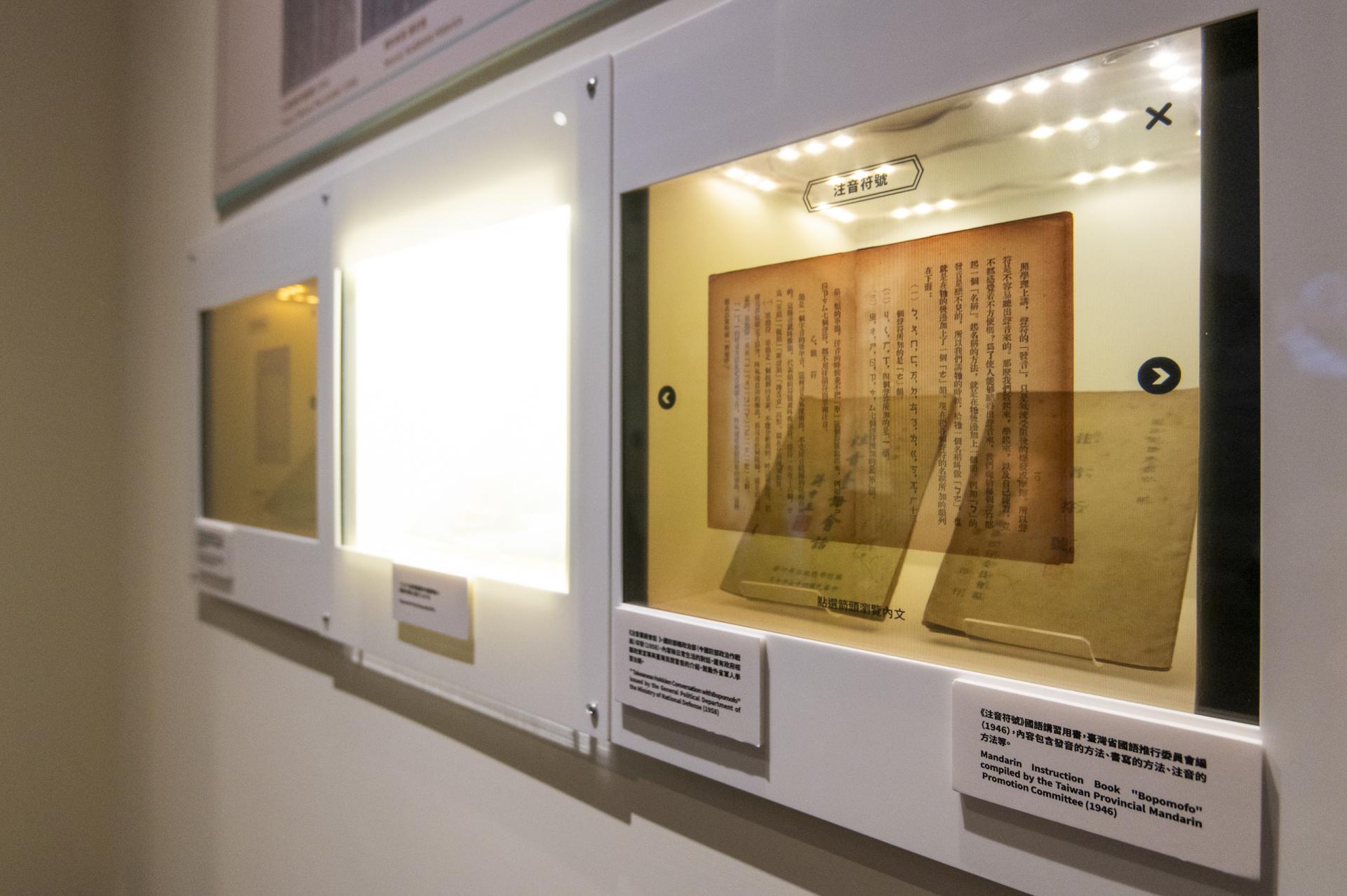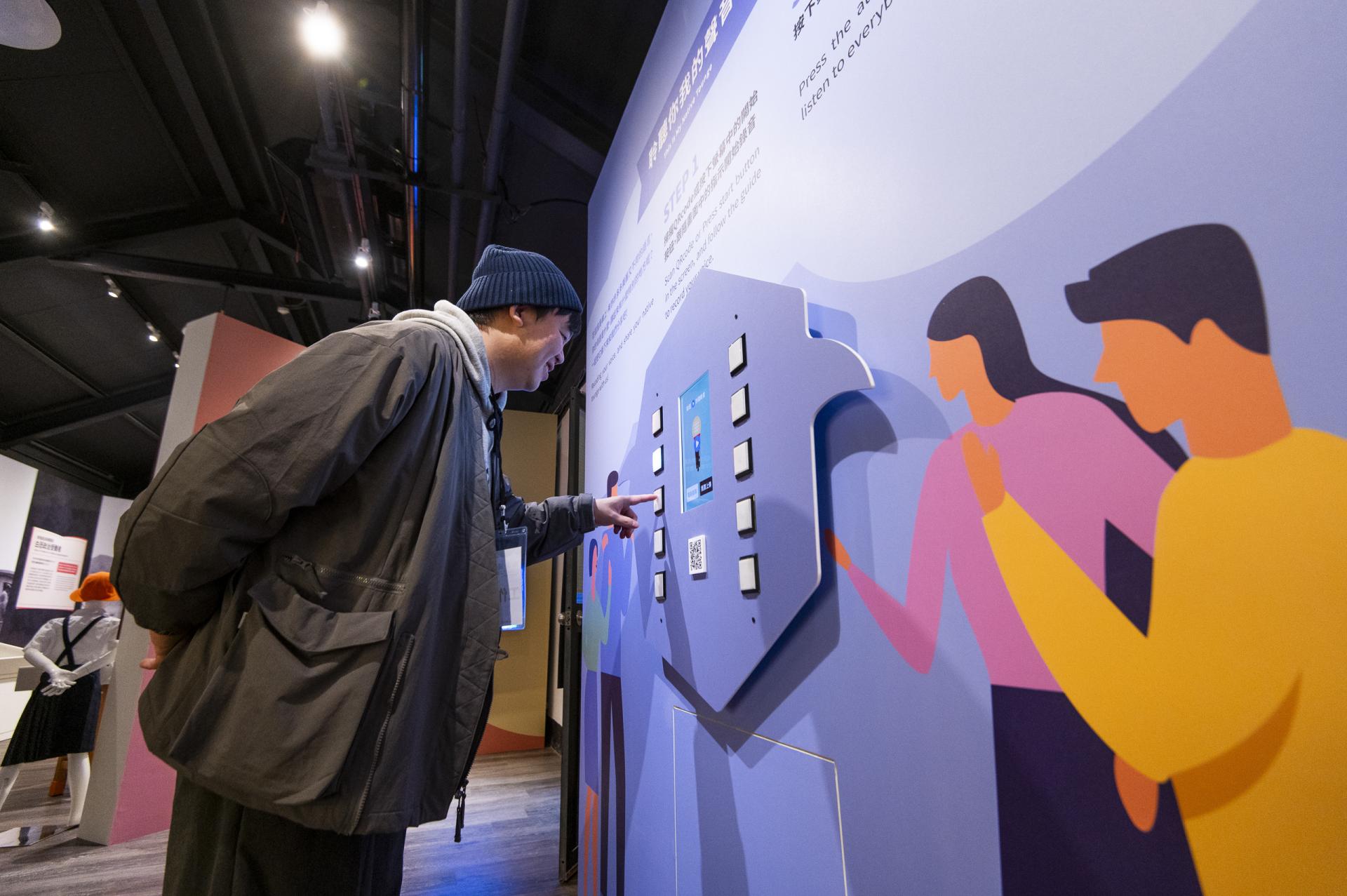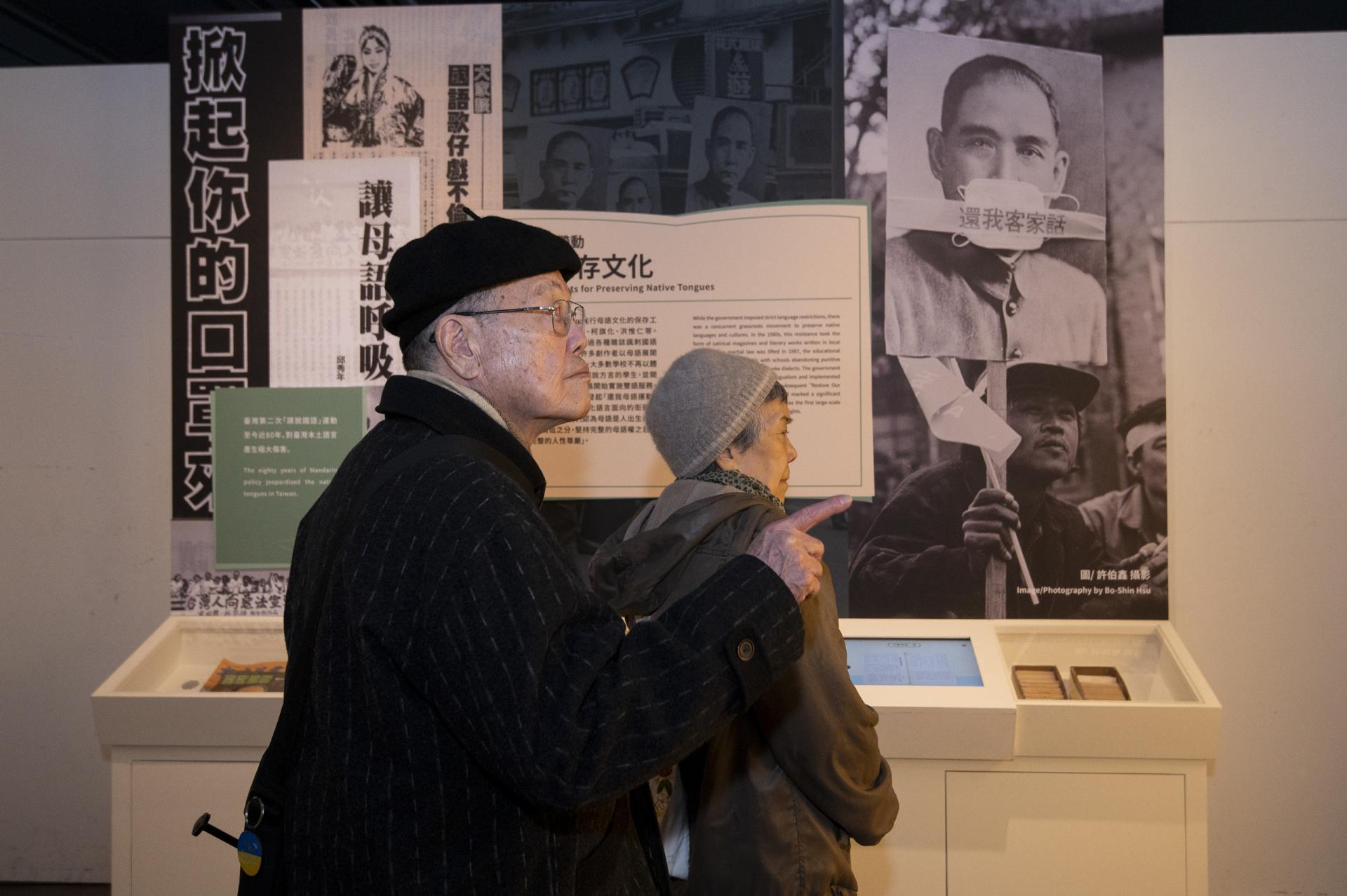2025 | Professional

Mandarin Monopoly?! Post-War Language Policy and Human Right
Entrant Company
Chiao Friendly Co., Ltd.
Category
Conceptual Design - Education
Client's Name
National Human Rights Museum Taiwan
Country / Region
Taiwan
“Step into the exhibition without the weight of history.
Rediscover the power of language through immersive interaction,
and envision a future of freedom and diversity.”
The exhibition "“Mandarin Monopoly?!”: Postwar Language Policy and Human Rights in Taiwan" looks at post-war language policies and human rights issues, focusing on how language has played a key role in Taiwan's history. It explores the shift in language policies from the Japanese colonial period to the authoritarian rule after World War II, showing how language has been used as a tool for government control and social regulation.
Starting with the promotion of Japanese during the "Japanese Assimilation Movement" in 1895, to the KMT's push for Mandarin as the only official language after 1945, the exhibition connects personal stories with collective memories, encouraging visitors to rethink how language relates to identity and human rights.
This is the first time the National Human Rights Museum has created an exhibition that moves beyond focusing solely on the events of the White Terror. The design is more engaging and interactive. With immersive setups, historical artifacts, videos, sound installations, and various interactive experiences, visitors can truly feel the impact of language policies on everyday life across different eras.
Special experiences like "Voice Reconstruction," "Role Simulation," and "Language Freedom Wall" invite visitors to respond to current issues from their own perspectives, creating a connection between history and today. The exhibition also addresses the importance of language equality and human rights education, sparking public reflection on how language is not just a communication tool but is deeply linked to power, identity, and freedom.
By allowing visitors to step into historical contexts, the exhibition encourages a renewed appreciation for Taiwan's multilingualism and the significance of respecting differences. " Mandarin Monopoly?!" is not just a look back at history; it's a modern take on human rights education. Through innovative presentation and diverse experiences, it guides visitors to explore how language policies affect cultural identities, social belonging, and democratic values, fostering a better understanding and support for the development of languages in a diverse society.
Credits
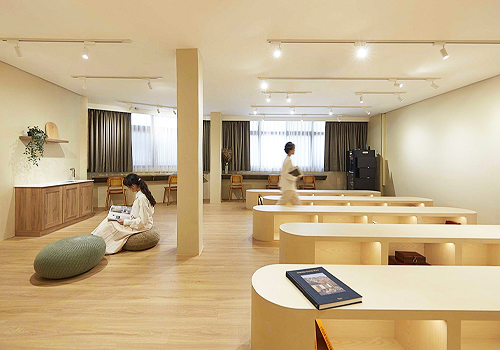
Entrant Company
June6th Interior Design
Category
Interior Design - Healthcare


Entrant Company
Wu Jun
Category
Fashion Design - Footwear


Entrant Company
QIMU Design
Category
Product Design - Animals & Pets


Entrant Company
Jingyuan Huang
Category
Architectural Design - Healthcare

